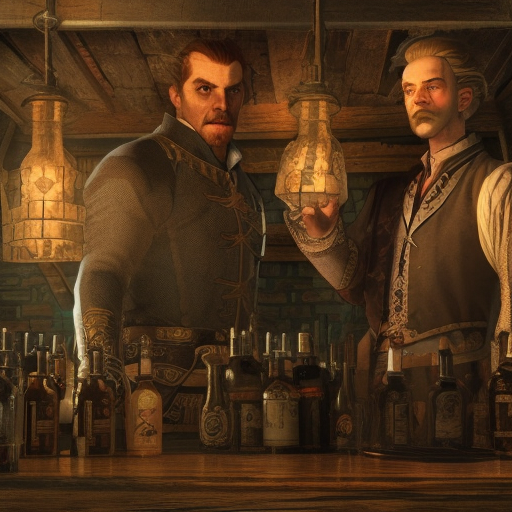Summary: Historical fiction is a genre of literature that combines fictional characters and events with real historical settings and contexts. It allows readers to explore and experience the past through the eyes of fictional characters, providing a unique perspective on historical events. Historical fiction can be found in various forms, including novels, short stories, and films, and it has been a popular genre for centuries.
Origins and Development
Historical fiction has a long history, with roots dating back to ancient times. The ancient Greek writer Herodotus is often considered one of the earliest practitioners of the genre, as his works blended historical facts with imaginative storytelling. However, it was not until the 19th century that historical fiction gained significant popularity.
During the 19th century, authors such as Sir Walter Scott and Alexandre Dumas popularized historical fiction with their novels set in different historical periods. Scott’s “Waverley” series, set in Scotland during the Jacobite uprising, and Dumas’ “The Three Musketeers,” set in 17th-century France, are prime examples of early historical fiction.
Characteristics and Themes
Historical fiction typically incorporates several key characteristics and themes. Firstly, it strives for historical accuracy, with authors conducting extensive research to ensure that the setting, events, and details align with the historical period being depicted. This attention to detail helps create a sense of authenticity and allows readers to immerse themselves in the past.
Secondly, historical fiction often explores the lives of ordinary people during significant historical events. By focusing on fictional characters, authors can provide a more relatable and personal perspective on history. These characters may interact with real historical figures, adding depth and complexity to the narrative.
Furthermore, historical fiction frequently delves into themes such as power, love, war, and social change. It allows authors to examine how historical events shape individuals and societies, and how individuals navigate the challenges and opportunities presented by their historical context.
Impact and Significance
Historical fiction has had a profound impact on both literature and popular culture. It has the power to educate and entertain simultaneously, making history accessible and engaging for readers. Through historical fiction, readers can gain a deeper understanding of different time periods, cultures, and historical events.
Moreover, historical fiction has the ability to humanize history. By focusing on the experiences of fictional characters, it reminds us that history is not just a collection of dates and facts but a series of lived experiences. It allows us to empathize with characters from different backgrounds and time periods, fostering a greater appreciation for the diversity of human experiences throughout history.
Historical fiction also serves as a means of cultural preservation. By bringing historical events to life through storytelling, it helps keep the memory of past events alive and relevant. It allows us to learn from the mistakes and triumphs of the past, and to reflect on how history continues to shape our present and future.
In conclusion, historical fiction is a genre that combines fictional storytelling with real historical settings and contexts. It has a rich history and has evolved over time, gaining popularity in the 19th century. Historical fiction strives for historical accuracy, explores the lives of ordinary people during significant events, and delves into themes of power, love, war, and social change. It has had a significant impact on literature and popular culture, making history accessible, humanizing it, and preserving cultural memory. Historical fiction continues to be a beloved genre that allows readers to explore and experience the past in a unique and engaging way.












